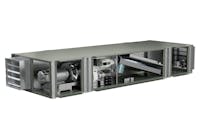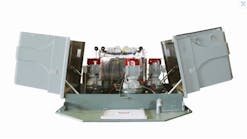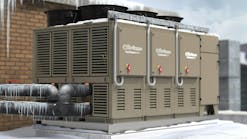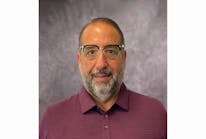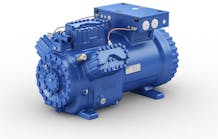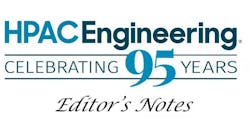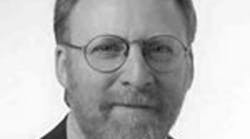David W. Bearg, PE, an indoor-environmental-quality consultant from Concord, Mass., and author of the book “Indoor Air Quality and HVAC Systems,” is the newest member of HPAC Engineering’s Editorial Advisory Board.
Bearg’s exposure to HVAC dates from childhood. His father was a HVAC design engineer in the days when takeoffs and load calculations were performed manually. In junior high school, the younger Bearg would use discarded blueprints to cover his textbooks. Bearg jokes that his mother’s degrees in economics and psychology also influenced him, as, “Ultimately, all building decisions depend on the almighty dollar, and people in buildings can behave as if they were crazy.”
READ "VENTILATION AND MOISTURE MONITORING" BY DAVID BEARG
Bearg went on to earn a bachelor’s degree in chemical engineering from Northeastern University and a master’s degree in environmental health from Harvard School of Public Health. For the last 30 years, he has been dedicated to helping clients achieve healthy and productive indoor environments. Services he provides include carbon-dioxide monitoring, tracer testing, particulate testing, and pressure mapping and airflow-pattern determination.
In addition to his work evaluating mechanically ventilated buildings, Bearg maintains a home, Sage Farm, that has become a research facility dedicated to increasing the energy efficiency of our housing stock while still providing good indoor-air quality. The property includes airlocks, a greenhouse, a sun porch, a sun room, a solar-heated woodworking shop, and a solar-heated cabin.
“One motivation for accepting the invitation to being on the Editorial Advisory Board is that it will allow me to offer suggestions how building operations could both improve the healthfulness of the indoor environment, as well as reduce energy consumption and, thereby, make their operation more sustainable,” Bearg said.
HPAC Engineering’s Editorial Advisory Board is comprised of 25 distinguished professionals serving the HVACR industry. Possessing expertise in various engineering and scientific fields, they provide valuable assistance to the magazine’s editors.
